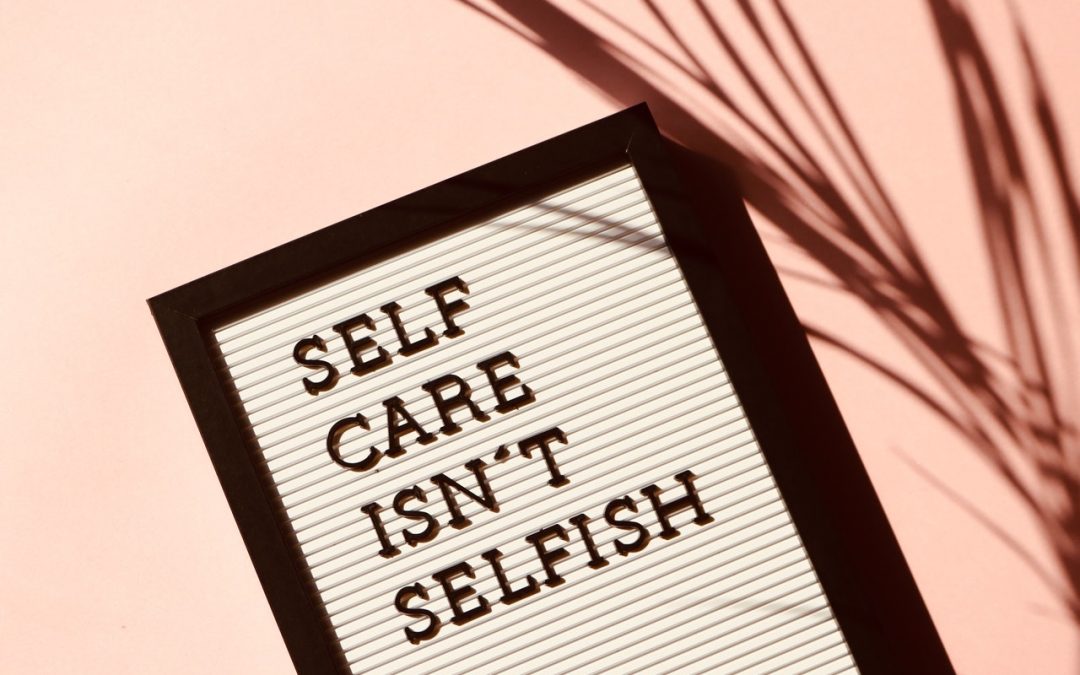By Intisar Seraaj
Let’s be frank! Social workers, case managers, and family support workers are caregivers. They’re constantly checking on the welfare of their clients, especially at Seraaj Family Homes, Inc. where these staff members must be available 24/7 to tend to unforeseen and emergency situations. They’re constantly putting their clients and work before themselves, which pushes their needs to the back burner unintentionally.
This leads to burnout, a common plight for social workers and other caregivers. Some signs of burnout include, compassion fatigue, anxiety, and depression, according to the social work website MSWGuide.org. One type of burnout people in the social work field deal with is secondary trauma stress, which is when people display symptoms of post-traumatic stress disorder (PTSD) after extensive work with clients in traumatic situations. “Symptoms include feelings of hopelessness, lack of self-care, chronic exhaustion, poor boundaries, cynicism, social withdrawal, minimizing, and sleeplessness.”
Now, sprinkle the stressful effects of the COVID-19 pandemic on top of the conditions that already cause burnout. Our human service workers are under a lot of pressure right now! As a company, we are finding ways to be supportive of our fellow human service workers and being a listening ear.
So, how do people combat burnout, especially during quarantine when getting massages and having spa days aren’t the safest choices for practicing self-care?
Self-Care Practices for Social Work Caregivers
As social work professionals know, talking through your emotions, especially with someone who knows what you’re going through, can be immensely helpful. If you don’t feel comfortable talking to your supervisor, talk to a colleague. If you’re the supervisor, find a community support group like a local chapter of the National Association of Social Workers (NASW).
Community support is also a great option for all human service workers, whether you’re a supervisor or not. It’s beneficial to stay active in local, state, and national organizations that are tailored to help you because they’re managed by people who know exactly what you’re going through. They may be able to suggest coping methods to better manage your emotions, and guide you through surviving the day.
Even with the support of your community and colleagues, there’s no nothing like speaking to a professional who is trained to unearth what you’re feeling. Being in this field of work does not mean that you have to be perfect. We are all human. Our CEO Abdul Seraaj says, “You cannot do this work and not experience a wide array of emotions. It’s a sign that you care and you have the heart to do this.” So, there’s no shame in seeing a therapist. We all need to do the work to heal present and past pain and trauma.
Self-Care Tips for Everyone
This may seem like a lengthy list, but that’s because you’re worthy of so much love and deserved to be cared for. It starts within yourself. If you’re not already doing much self-care, try out some of these self-care techniques and see what brings you peace and wellness.
- Take time to be with yourself.
- Get enough sleep.
- Don’t neglect your hygiene.
- Eat well-balanced meals and make sure to take your lunch break at work.
- Take a vitamin and probiotic. Ask your doctor for recommendations.
- Try things to put your mind at ease like meditation, deep breathing, deep stretching, yoga, and journaling.
- Lightly stretch periodically throughout the day.
- Find appreciation and joy in parts of the world we usually don’t take time to pay attention to such as a cool breeze, a child’s laughter, or the way the sunlight hits your face.
- Find a type of exercise that you’ll stick to whether it’s walking, Zumba, or cycling.
- Check-in with your friends, family, and other loved-ones regularly and maintain your important relationships. They can be helpful mirrors for us and let us know when we’re not OK, which is important for the times we’re not self-aware.
Overall, one thing we have all probably learned from the COVID-19 pandemic is that we are not in control of much. What we can do is take care of ourselves, especially when we’re taking care of others. We deserve to have the care we give reciprocated, even if that return investment comes from yourself. Social workers are here for every aspect of life and wellness for their clients, so we have to be here for them and encourage them to show up for themselves too.




